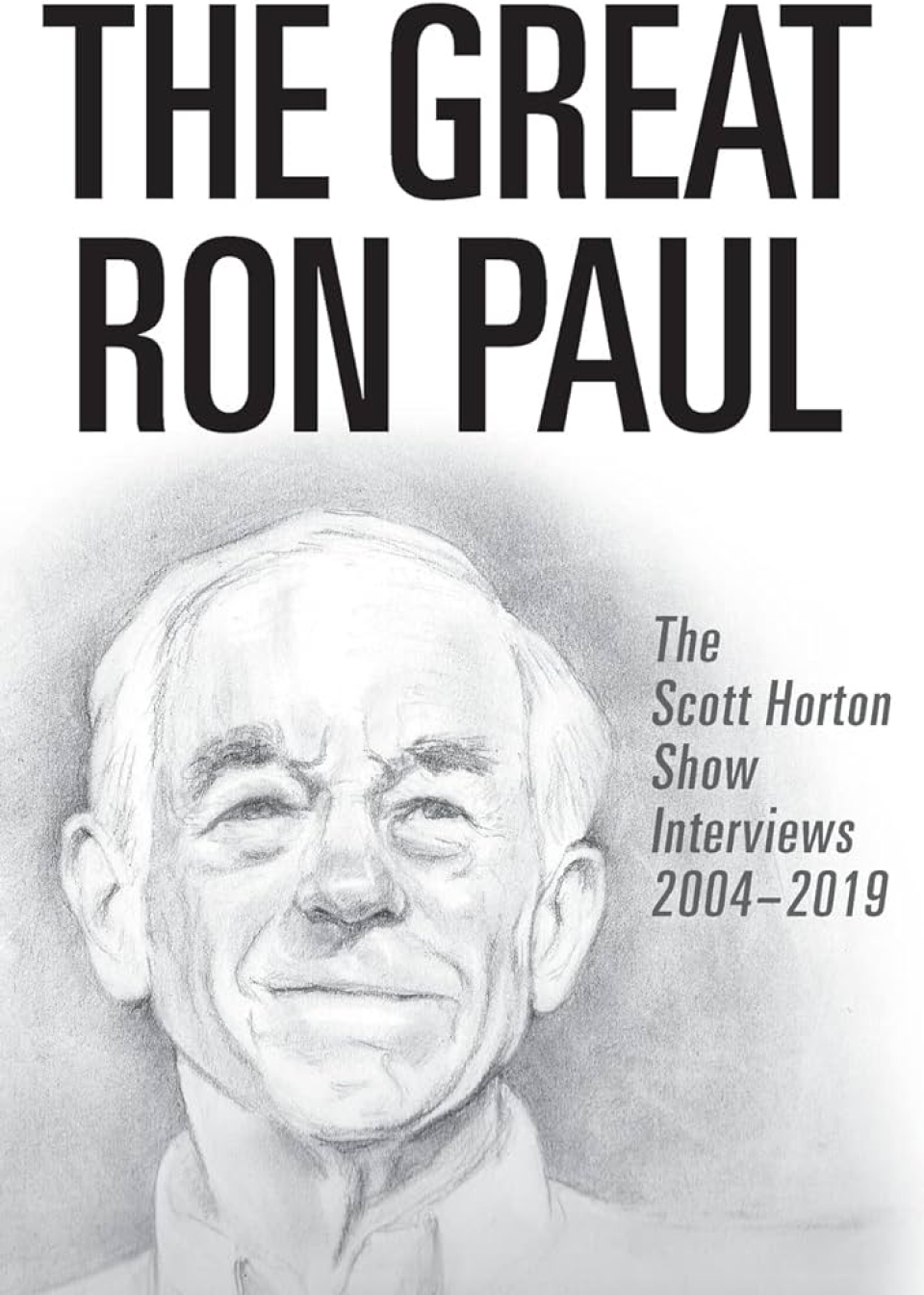"The Great Ron Paul: The Scott Horton Show Interviews 2004–2019" is a collection of interviews conducted by Scott Horton with Dr. Ron Paul, a prominent libertarian figure and former U.S. Congressman. The book covers a span of 15 years, from 2004 to 2019, offering insights into Dr. Paul's views on various issues related to American foreign policy, monetary systems, and the erosion of liberty.
Here are some key points based on the provided description:
-
Scope of Topics:
- The collection covers a range of topics, including America's wars, the monetary system, and the perceived decline of liberty in the 21st century. This suggests that the interviews delve into critical and controversial issues that have shaped the political landscape during this period.
-
Critique of Wars:
- Dr. Ron Paul is known for his strong anti-interventionist stance, and it is likely that the book includes his critiques of American military interventions during the specified timeframe. This could involve discussions on the Iraq War, Afghanistan, and other conflicts.
-
Monetary System:
- The mention of a "destructive monetary system" indicates that Dr. Paul's concerns about the Federal Reserve and monetary policy are addressed in the interviews. Ron Paul has been an advocate for a return to a gold standard and has been critical of fiat currency.
-
Erosion of Liberty:
- The book seems to explore Dr. Paul's views on the erosion of individual liberties in the United States. This could include discussions on issues such as surveillance, civil liberties, and government overreach.
-
Promotion of Personal Liberty:
- Dr. Ron Paul is a well-known advocate for personal liberty and limited government. The book likely includes his perspectives on why personal liberty is crucial and how it can serve as a solution to societal problems.
-
Vision for the Future:
- Given the span of 15 years covered in the interviews, the book may provide insights into Dr. Paul's vision for the future of America and his recommendations for addressing the challenges the country faces.
The collection appears to be a valuable resource for those interested in Ron Paul's libertarian philosophy, as well as for those seeking an in-depth exploration of his views on key issues over the specified time period. The fact that the interviews are conducted by Scott Horton, who is known for his expertise in foreign policy and libertarian thought, adds credibility to the content.

















